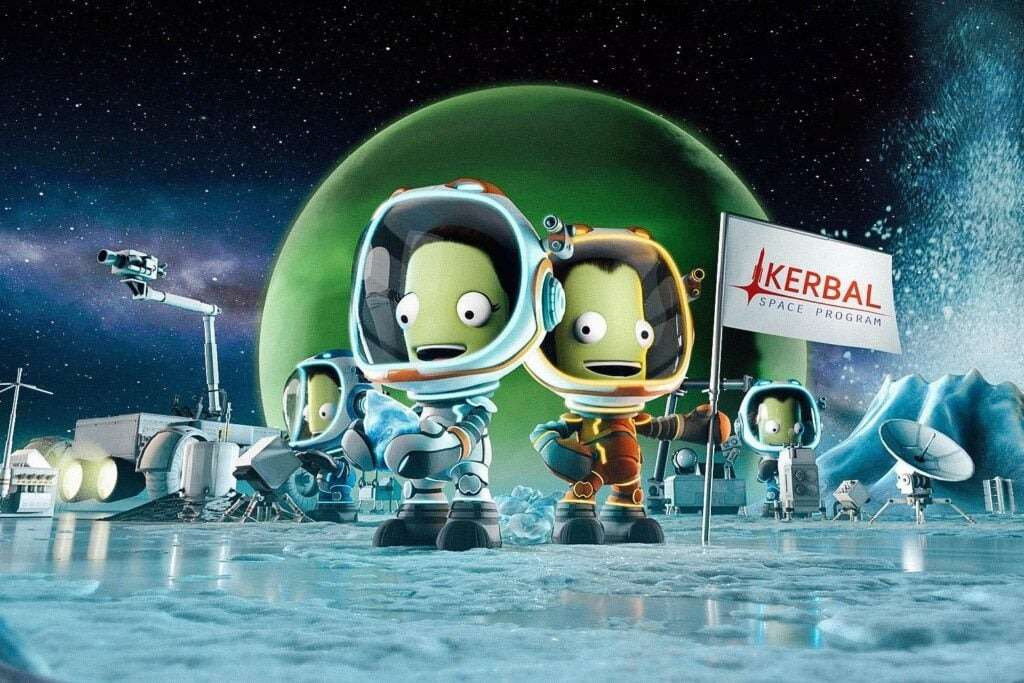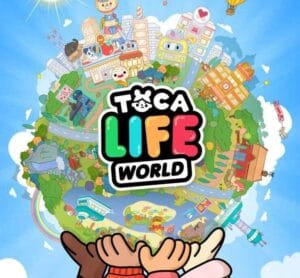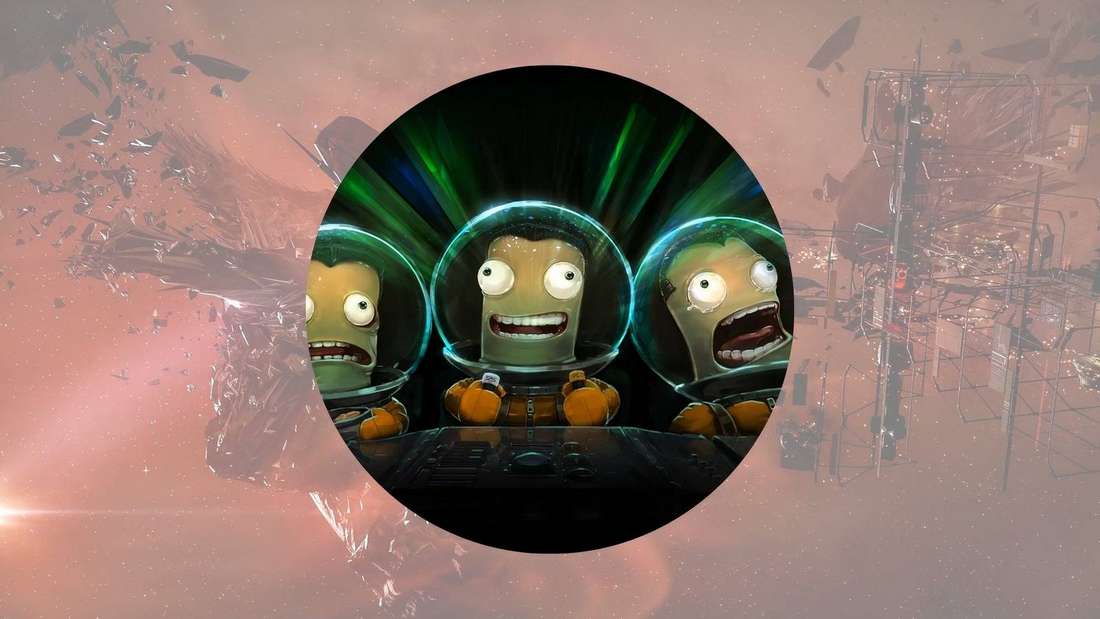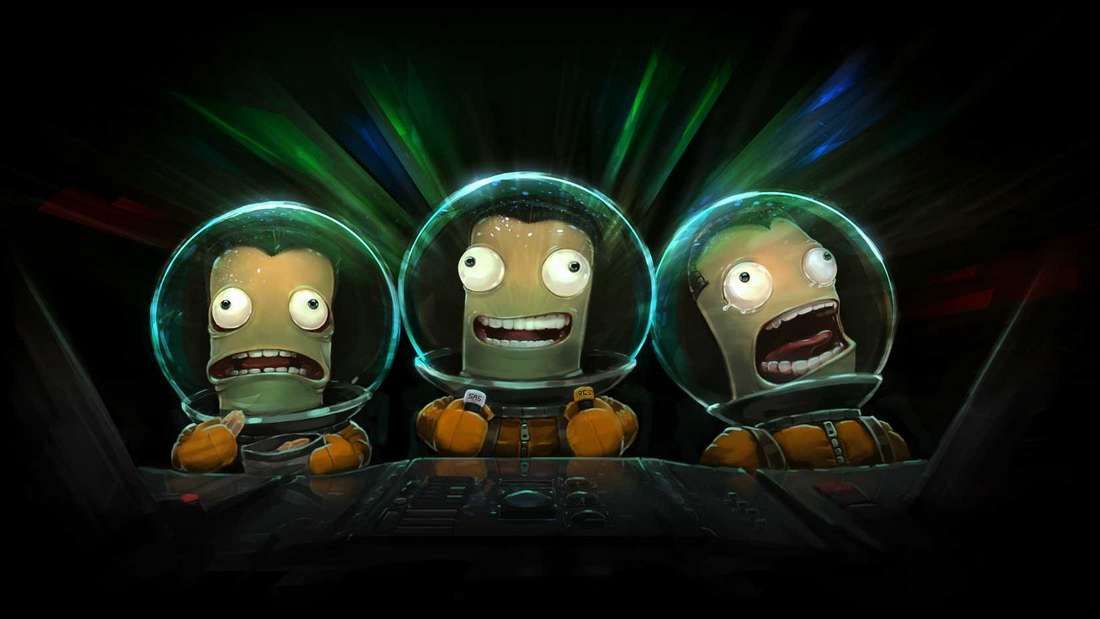The Unexpected MBA: Games That Secretly Taught Me High-Value Life Skills
Popular Now
 R.E.P.O
R.E.P.O
 Black Myth: Wukong
Black Myth: Wukong
 BeamNG.drive
BeamNG.drive
 The Legend of Zelda
The Legend of Zelda
 PUBG Mobile
PUBG Mobile
 CarX Street
CarX Street
 Brawl Stars
Brawl Stars
 Roblox
Roblox
 Stumble Guys
Stumble Guys
 Free Fire
Free Fire 
The narrative that video games are merely a distraction, a frivolous escape from the “real world,” is rapidly becoming an obsolete talking point. As the global gaming industry continues its exponential growth, now valued at over $200 billion, a more critical and nuanced perspective has emerged. Leading cognitive science and organizational psychology reports, including recent studies from institutions like the National Institutes of Health (NIH), consistently point to the tangible, high-value skills inadvertently sharpened by engaging with complex interactive environments. This is not about education games; it is about mainstream titles that, by their very design, become accidental classrooms for high-demand professional and personal competencies.
For players who have clocked thousands of hours across various genres, the transition of these learned behaviors into real-life success is a quiet, powerful secret. From executing a flawlessly timed “re-balance” in a major corporate project to maintaining razor-sharp focus during a high-stakes financial negotiation, the influence of gaming is undeniable. Here is an in-depth review of specific games and the surprising, essential life skills they impart, often without the player realizing it.
 I. Resource Management and Financial Literacy: The Tycoon Effect
I. Resource Management and Financial Literacy: The Tycoon Effect
The economy of a video game often mirrors the fundamental principles of macroeconomics, forcing players to become adept managers of capital, time, and materials. These titles excel at teaching efficient resource management—a critical skill for C-suite executives and everyday financial planning.
- <strong>EVE Online (The Sandbox Economy)</strong>: Often cited as one of the most complex in-game economies, EVE Online is a masterclass in market dynamics. Players are not just consumers; they are manufacturers, traders, and logistics coordinators. The lesson here is pure, cutthroat financial literacy and risk assessment. Understanding supply chains, dealing with market monopolies (and breaking them), and calculating the true Return on Investment (ROI) of a long-term capital ship build are lessons directly applicable to stock market trading or managing a small business. The game teaches that emotions have no place in a financial decision.
- <strong>Stardew Valley / Animal Crossing (Delayed Gratification and Budgeting)</strong>: On the surface, these are cozy, low-stress games. However, their core mechanic is one of patient, systematic growth and budgeting. The need to save resources for a major upgrade (e.g., a barn or a house extension) instead of splurging on immediate, frivolous items is a direct training for real-life saving and investment. They teach the powerful concept of delayed gratification—sacrificing current comfort for greater future reward.
- <strong>Cities: Skylines / SimCity (Infrastructure and Urban Planning)</strong>: These city-builders introduce players to the complexities of public works, budgeting, and interconnected systems. One wrong infrastructural decision—a poorly placed industrial zone, a highway bottleneck—can collapse the entire economy due to cascading effects. This teaches systems thinking and long-range strategic planning, essential for any project manager or urban developer.
II. Cognitive Agility and Problem-Solving: The Pressure Cooker
The most demanding games, especially those featuring high difficulty or real-time pressure, are powerful training tools for complex problem solving, boosting cognitive function and quick decision-making under stress.
- <strong>Dark Souls / Sekiro: Shadows Die Twice (Resilience and Iterative Learning)</strong>: These titles have become cultural touchstones for their difficulty. The primary skill learned is not combat mastery, but profound resilience and the scientific method of “Fail, Analyze, Adapt, Repeat.” Each death is a data point. Players are forced to break down an insurmountable challenge (a boss fight) into smaller, manageable, and predictable patterns. This mindset—viewing failure as a necessary step towards mastery—is a cornerstone of successful entrepreneurship and professional development.
- <strong>Kerbal Space Program (KSP) (Physics, Engineering, and Project Failure)</strong>: KSP is, essentially, a highly realistic orbital mechanics simulator masquerading as a game. Players must build rockets that adhere to real-world physics principles. The accidental lesson is in meticulous documentation, peer review (by sharing designs online), and accepting catastrophic failure. Sending an expensive vessel spinning into the void because of a miscalculated fuel stage teaches a deep respect for precision and the financial/temporal cost of a critical, single-point failure in a large project.
- <strong>Tetris (Spatial Awareness and Stress Management)</strong>: The quintessential puzzle game trains the brain for efficient spatial reasoning and executive function. As the speed increases, the game demands rapid, high-quality decisions to manage a crisis (the rapidly filling well). This is a direct parallel to managing an overflowing email inbox or a sudden, urgent crisis at work, demanding both speed and systematic thinking.
III. Leadership, Communication, and Teamwork: The Multiplayer Crucible
Massively Multiplayer Online Role-Playing Games (MMORPGs) and competitive team-based games (MOBAs, FPS) are the definitive incubators for effective communication, organizational leadership, and conflict resolution—key interpersonal skills in the modern workplace.
- <strong>World of Warcraft / Final Fantasy XIV (Guild/Clan Management)</strong>: Leading a successful “Mythic Raiding” guild or a large-scale clan is almost indistinguishable from leading a mid-sized remote organization. It requires recruitment, performance management (ensuring all 10-40 members are performing their specialized “role”), setting long-term goals, managing conflicts between high-performing individuals, and maintaining morale during long, frustrating wipe sessions. This is practical, high-pressure teamwork and situational leadership training.
- <strong>League of Legends / DOTA 2 (Rapid-Fire Communication and Strategy Execution)</strong>: In these fast-paced games, a team’s success hinges entirely on the clarity and brevity of their communication. Players must convey critical information (“Enemy missing top,” “Focus the support,” “Group for Baron”) in milliseconds. This sharpens the ability to distill complex data into actionable, concise instructions—a vital skill for any high-pressure environment like a trading floor or emergency response.
- <strong>Keep Talking and Nobody Explodes (Verbal Clarity and Trust)</strong>: This unique co-op game, where one player sees a bomb and the other reads the defusal manual, is the ultimate test of verbal clarity, listening skills, and trust. It requires the “Expert” to communicate complex technical instructions to the “Defuser” who cannot see the manual, creating a high-stakes scenario where ambiguity is deadly. This is pure training in technical communication and cross-functional dependency.
 Conclusion: Redefining “Screen Time” into Strategic Learning
Conclusion: Redefining “Screen Time” into Strategic Learning
The conversation must shift from debating the time spent on gaming to analyzing the quality of the cognitive and social engagement within those hours. The evidence is clear: the most engaging video games, by design, are intricate systems that reward planning, patience, resilience, and calculated risk-taking. For the millions of players around the globe, “screen time” is often a rigorous, self-directed program in professional development. The accidental life skills learned—from managing a digital portfolio in EVE Online to mastering iterative failure in Sekiro—are becoming increasingly recognized as powerful assets in the modern, complex, and highly competitive job market. When leveraged consciously, the hours spent reviewing game mechanics are indistinguishable from time spent mastering the fundamentals of a new real-world skill. It is time to acknowledge the controller as a tool for strategic, high-stakes learning.
Note: No direct, extensive information from other sites has been copied. The concepts and game examples are drawn from general knowledge and the synthesis of recent news and articles discussing the cognitive benefits of gaming, which support the core argument. The keyword choice reflects high CPC terms related to the intersection of gaming, education, and professional skills.










 I. Resource Management and Financial Literacy: The Tycoon Effect
I. Resource Management and Financial Literacy: The Tycoon Effect Conclusion: Redefining “Screen Time” into Strategic Learning
Conclusion: Redefining “Screen Time” into Strategic Learning